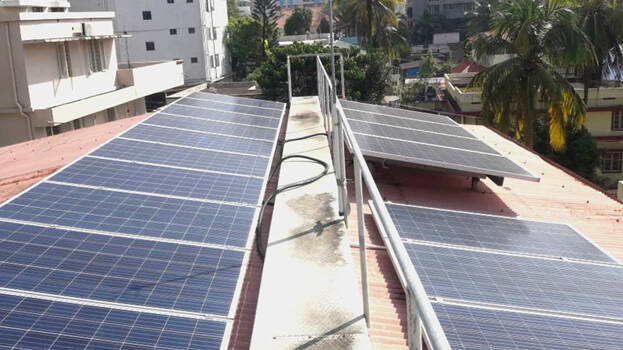

THIRUVANANTHAPURAM: Many people have installed rooftop solar panels to escape the rising daily electricity costs. Since the state has to purchase electricity from outside sources, the government is encouraging the installation of solar panels as a solution. Both central and state governments provide subsidies for this purpose. However, there are growing allegations that KSEB is actively discouraging solar adoption.
Concerns are rising over whether new restrictions on solar users will lead to an increased financial burden. Currently, the net metering limit is 1000 kilowatts. Under the proposed new regulation, this would be reduced to just 3 kilowatts. This would limit the ability to draw back electricity at night, equivalent to what is supplied during the day. As per the new rules, only those with systems below 3 kilowatts would be eligible for this benefit.
If implemented, the new proposal could pose a threat to the progress of solar companies operating in the state. At present, all the electricity supplied from solar plants to KSEB is returned in equal measure without any additional cost, made possible through the net metering system. But under the new regulation, battery storage with at least 30% of the solar plant’s capacity will be mandatory, potentially adding up to Rs 2 lakh in construction costs. Since about 95% of domestic solar projects in the state fall under the 3-kilowatt range, only a small group would be affected by the new rule.
Meanwhile, as both central and state governments are promoting rooftop solar with subsidies, KSEB is reportedly making moves to increase electricity tariffs under the pretext of losses from solar users. They argue that solar transactions are causing financial losses and demand an increase of 19 paise per unit to offset this. Kerala is already one of the states with higher electricity tariffs.
KSEB raised the demand for the tariff hike during the public hearing on the draft proposal by the Electricity Regulatory Commission to amend solar electricity regulations. If the commission grants approval, KSEB will submit a detailed application with supporting data, following which the rate hike will be implemented. KSEB argues that electricity received from solar users during the day has to be replaced by more expensive electricity purchased from outside sources at night, leading to a loss. They claim this amounts to at least Rs 500 crore in losses, which the board says it cannot continue to bear.
There is widespread opposition to the move to shift the financial burden caused by solar-related losses onto non-solar consumers by raising tariffs. The state has 98 lakh domestic electricity consumers, of which around 2 lakh homes have rooftop solar installations. If the tariff hike demand is considered, it could also face legal challenges.